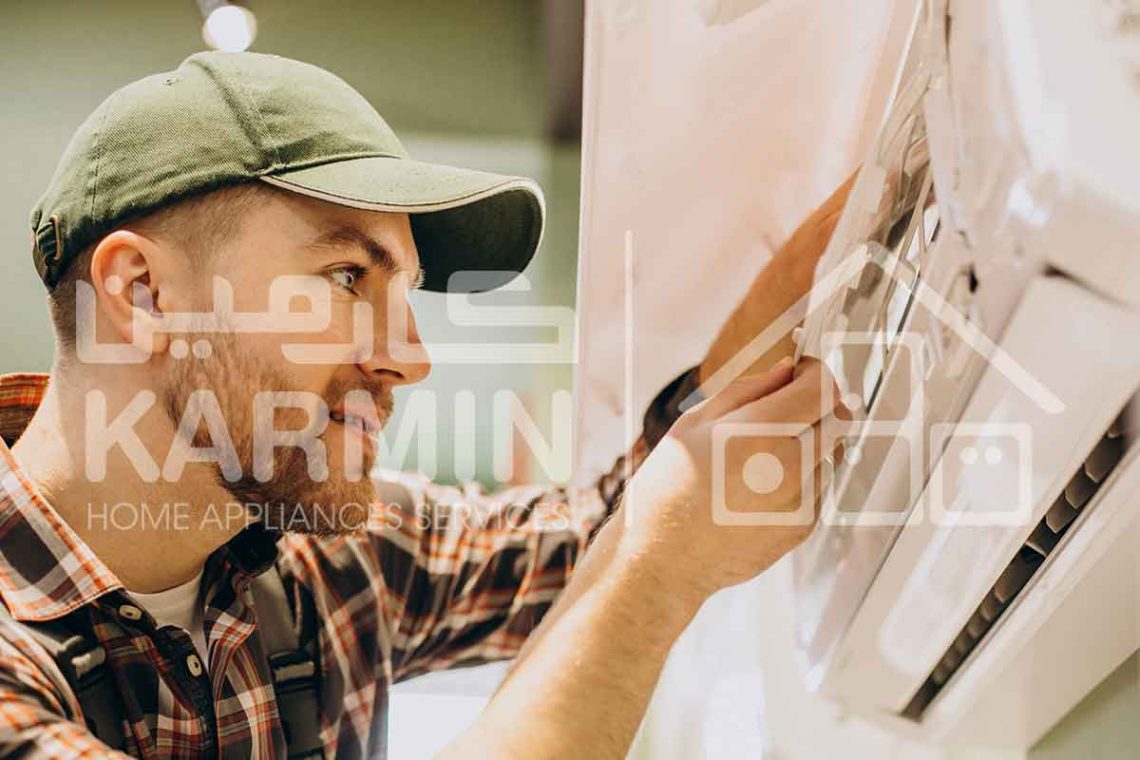As temperatures rise, your air conditioner becomes an indispensable companion, ensuring comfort during scorching summers. However, to keep your AC unit running smoothly and efficiently, regular preventative maintenance is crucial. Neglecting maintenance not only leads to decreased performance but also increases energy consumption and the risk of costly repairs تعمیرات اسپیلت. In this comprehensive guide, we’ll delve into the importance of preventative air conditioner maintenance and provide actionable tips to keep your unit in top condition.
Understanding the Importance of Preventative Maintenance:
Preventative maintenance is akin to regular check-ups for your AC unit. It involves a series of tasks aimed at ensuring optimal performance, energy efficiency, and longevity of your air conditioner. By proactively addressing potential issues and performing routine upkeep, you can avoid unexpected breakdowns and costly repairs down the line. Moreover, a well-maintained air conditioner operates more efficiently, leading to lower energy bills and reduced environmental impact.
Key Components of Preventative Maintenance:
- Regular Filter Replacement: One of the simplest yet most effective maintenance tasks is replacing the air filters regularly. Clogged or dirty filters restrict airflow, forcing the system to work harder and consuming more energy. Check your filters monthly and replace them as needed, typically every 1-3 months depending on usage and filter type.
- Clean Condenser and Evaporator Coils: Over time, the condenser and evaporator coils accumulate dirt, dust, and debris, hindering heat exchange and reducing efficiency. Schedule annual maintenance to clean these coils using a soft brush or vacuum cleaner to remove debris and improve airflow.
- Check Refrigerant Levels: Insufficient or excessive refrigerant levels can impair your AC unit’s performance and increase energy consumption. Schedule professional maintenance to check refrigerant levels and ensure optimal charge. If there’s a refrigerant leak, promptly repair it to prevent further damage to the system.
- Inspect and Clean Air Ducts: Leaky or dirty air ducts can lead to loss of cooled air and reduced efficiency. Inspect ductwork for leaks, seal any gaps, and clean ducts periodically to remove accumulated dust and debris.
- Lubricate Moving Parts: Proper lubrication of the motor and other moving parts reduces friction and extends the lifespan of your air conditioner. Consult your owner’s manual for lubrication requirements and schedule regular lubrication as recommended.
- Test Thermostat Functionality: A malfunctioning thermostat can lead to inaccurate temperature readings and inefficient cooling. Test your thermostat periodically to ensure accurate temperature control and replace batteries if needed.
- Inspect Electrical Components: Faulty electrical connections or worn-out components can pose safety hazards and lead to system malfunctions. During maintenance visits, technicians should inspect electrical connections, capacitors, and relays for signs of wear or damage.
Benefits of Preventative Maintenance:
Investing time and resources in preventative air conditioner maintenance offers numerous benefits:
- Improved Energy Efficiency: A well-maintained air conditioner operates more efficiently, reducing energy consumption and lowering utility bills.
- Extended Lifespan: Regular maintenance helps prevent premature wear and tear, extending the lifespan of your AC unit and delaying the need for costly replacements.
- Enhanced Comfort: A properly maintained air conditioner delivers consistent cooling and optimal performance, ensuring comfort during hot summer months.
- Cost Savings: By addressing minor issues early on, preventative maintenance helps avoid costly repairs and emergency breakdowns, saving you money in the long run.
- Environmental Sustainability: A more efficient air conditioner consumes less energy, reducing your carbon footprint and contributing to environmental sustainability.
Conclusion:
Preventative air conditioner maintenance is a proactive approach to ensuring optimal performance, energy efficiency, and longevity of your cooling system. By adhering to a regular maintenance schedule and addressing potential issues promptly, you can enjoy uninterrupted comfort and significant cost savings.





